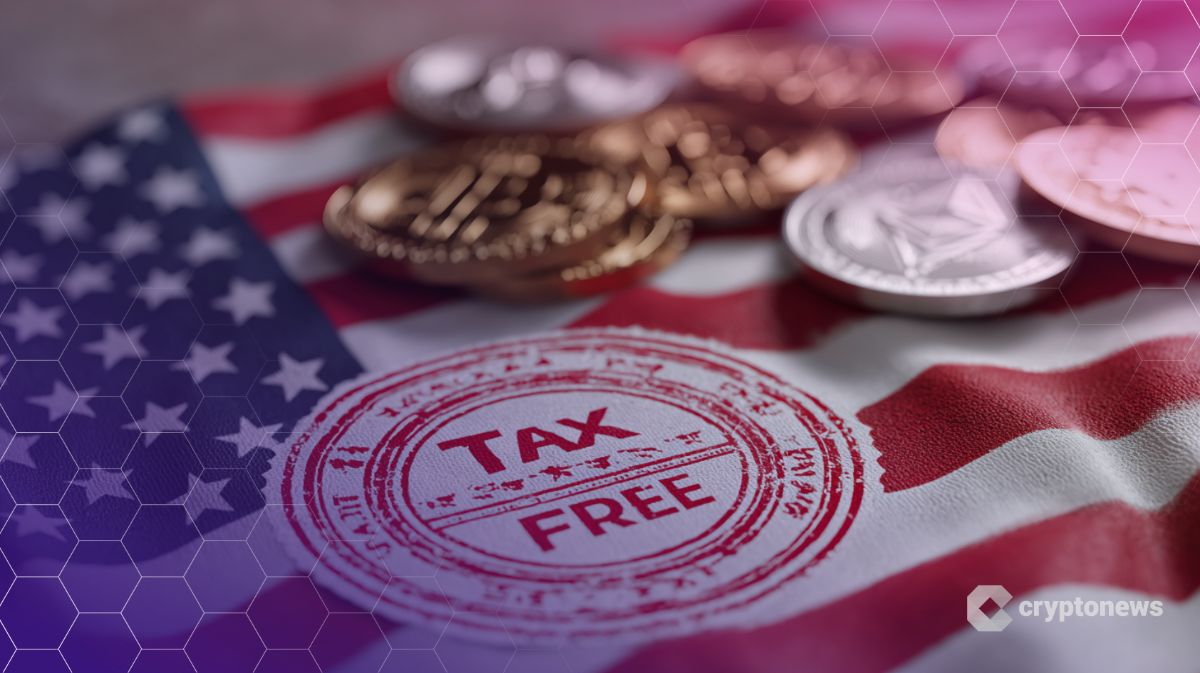Ethereum spot ETFs had a total net inflow of $71.2379 million yesterday, with only BlackRock ETHA achieving net inflows
PANews reported on June 25 that according to SoSoValue data, the total net inflow of Ethereum spot ETF was US$71.2379 million yesterday (June 24, Eastern Time).
The Ethereum spot ETF with the largest single-day net inflow yesterday was the Blackrock ETF ETHA, with a single-day net inflow of US$97.9782 million. Currently, ETHA's total historical net inflow has reached US$5.408 billion.
The Ethereum spot ETF with the largest daily net outflow yesterday was the Fidelity ETF FETH, with a daily net outflow of US$26.7402 million. Currently, FETH's total historical net inflow has reached US$1.613 billion.
As of press time, the total net asset value of the Ethereum spot ETF was US$9.866 billion, the ETF net asset ratio (market value as a percentage of Ethereum's total market value) was 3.34%, and the historical cumulative net inflow has reached US$4.067 billion.
You May Also Like

VeChain connects to 40 blockchains with WanChain bridge

US Treasury Officially Scraps Crypto Broker Reporting Rules After Congressional Vote
